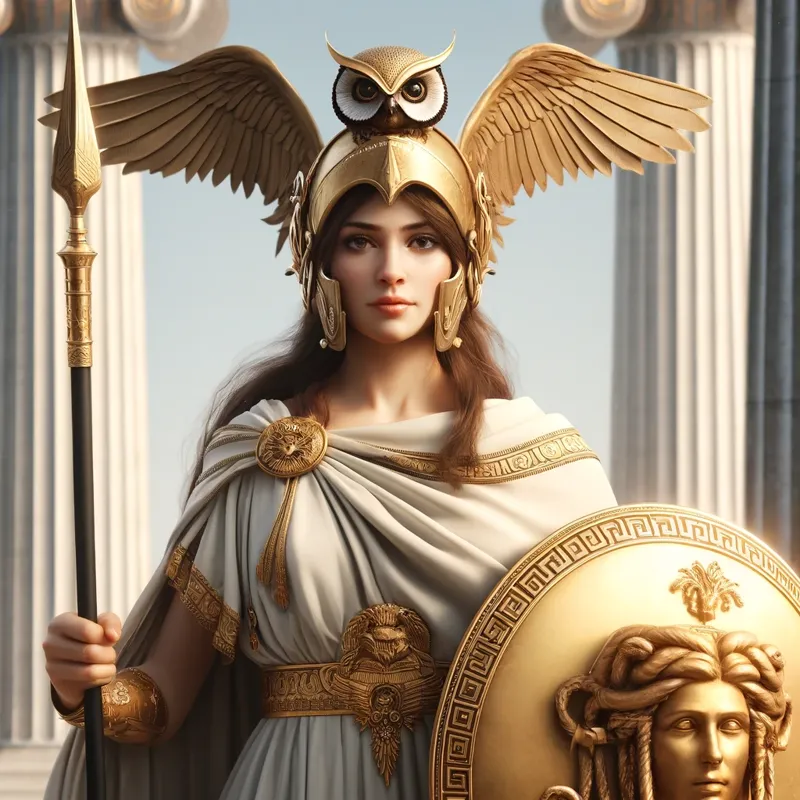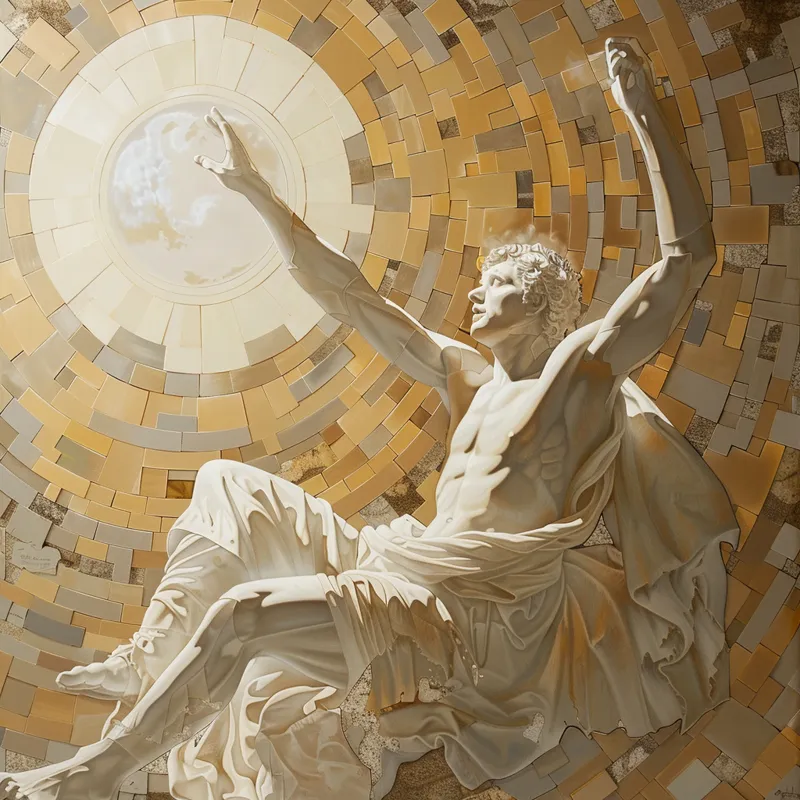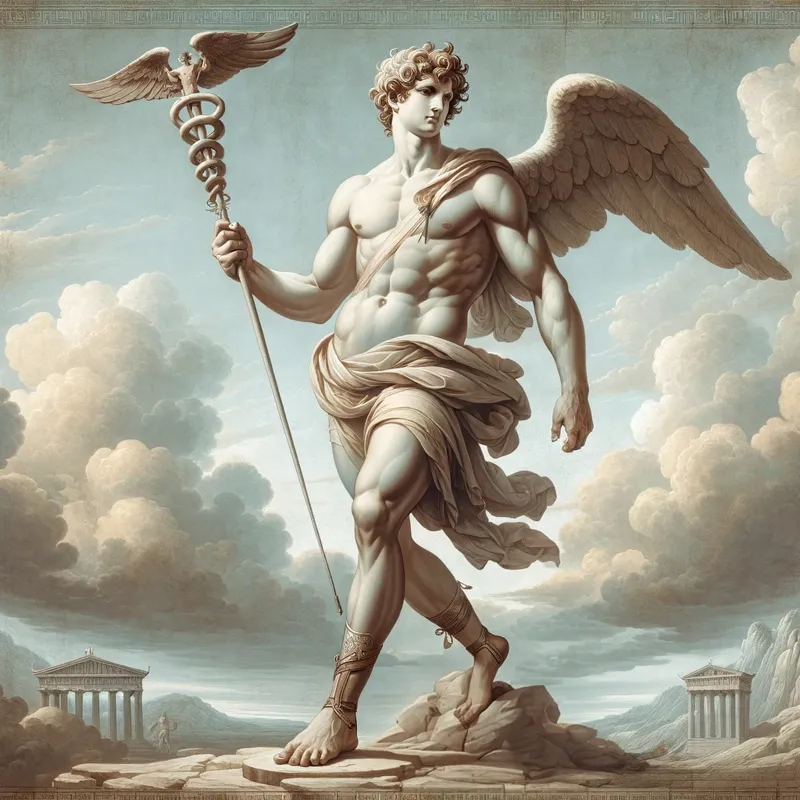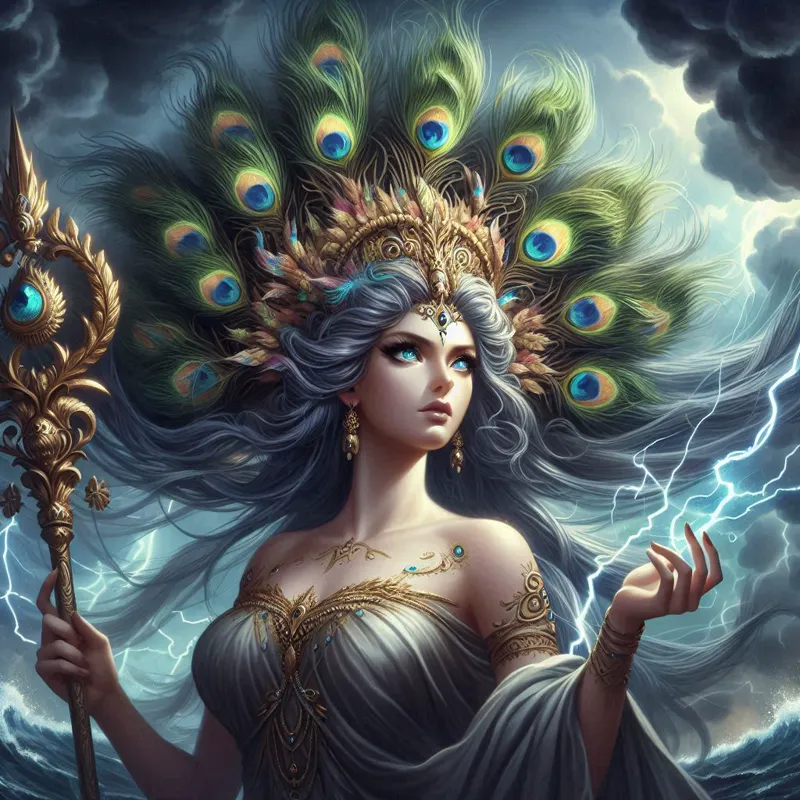
No beauty without boundaries
Hera, the ancient Greek goddess, reigns as one of the most significant figures in Greek mythology, embodying the ideals of marriage and family. As the wife of Zeus, the king of the gods, Hera's narratives are infused with her roles as a spouse and mother, as well as her notorious jealousy and vindictiveness towards her husband's numerous lovers and illegitimate offspring. Her character and myths encapsulate the complexities and dualities of her nature, illustrating both her nurturing aspects and her capacity for relentless revenge.
Origins and Family
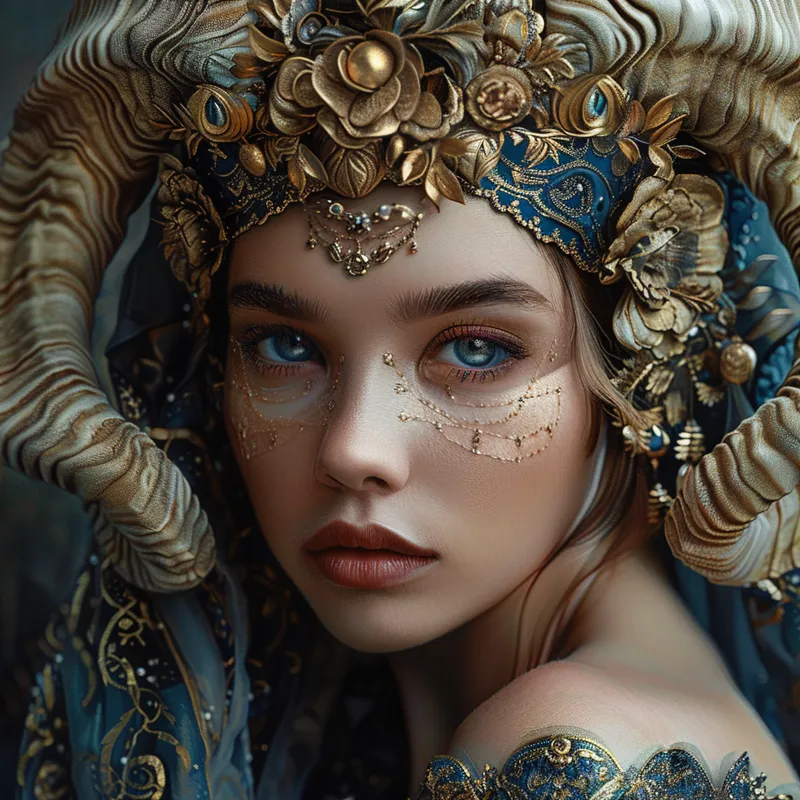
The eyes that see what could be
Hera, daughter of the Titans Cronus and Rhea, was born into a family of notable divinity and power. Alongside her siblings Zeus, Poseidon, Hades, Demeter, and Hestia, Hera's early life was marked by turmoil and cosmic struggle, which culminated in the overthrow of Cronus. The overthrow not only ushered in the reign of Zeus but also established Hera as a pivotal figure in the Olympian order, where she would soon become the queen of the gods.

An impossible dream
Her marriage to Zeus was both her empowerment and her perennial source of strife. As Zeus's consort, Hera occupied a prestigious yet challenging position. She bore Zeus several children, including Ares, the god of war; Hephaestus, the god of blacksmiths; and Hebe, the goddess of youth. Despite her significant role as the matriarch of the gods, Hera's relationship with Zeus was perpetually strained by his infidelities, which shaped much of her mythological narrative.
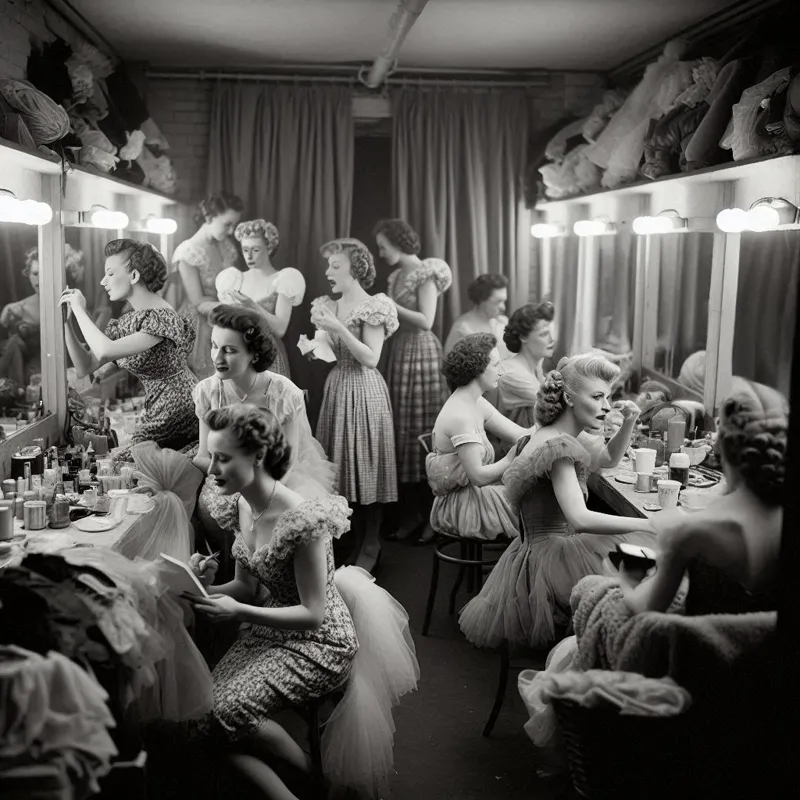
What if it was possible?
Role and Responsibilities

Consensus of view
As the goddess of marriage and birth, Hera's dominion extended over the most fundamental aspects of human life. She was revered across the Greek world as a protector of women, particularly married women, overseeing their marital rites and guarding them through the childbirth process. This role made her an essential deity in the daily lives of ancient Greeks, who sought her blessings for a harmonious and prosperous family life.
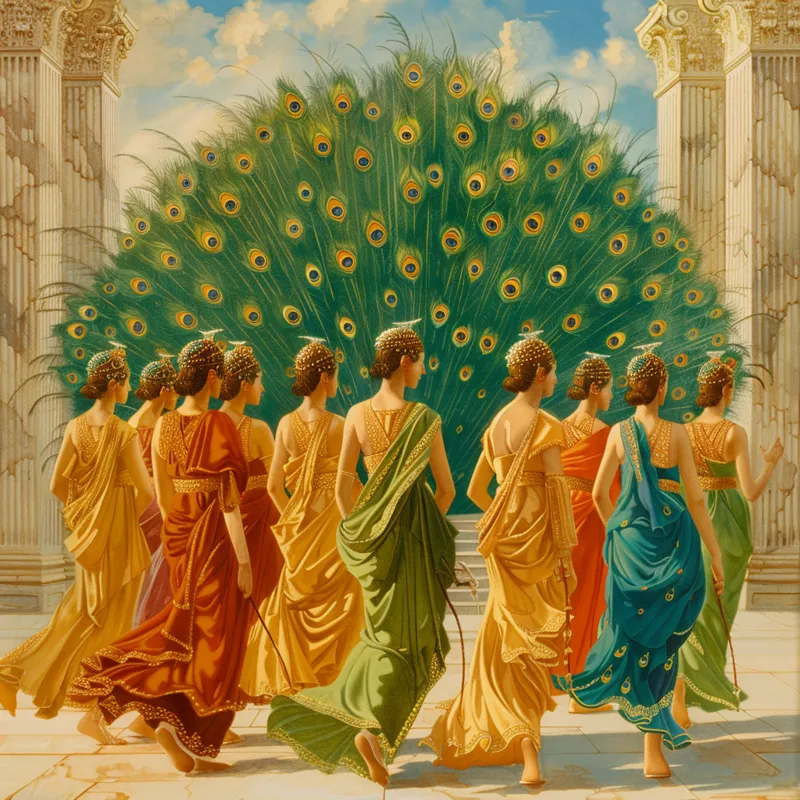
Move as one
Furthermore, Hera's influence was not limited to the private sphere. She was often involved in divine politics and battles, actively participating in the decisions of the gods on Mount Olympus. Her strategic thinking and formidable presence in myths like the Trojan War, where she sided against Paris for snubbing her in the judgment of the golden apple, highlight her as a force of authority and vengeance.

Subtlety
Symbols and Worship

Gladiator by profession
Hera's symbols—the peacock, cow, and pomegranate—each narrate aspects of her divine personality and influence. The peacock, with its eyespots, was believed to symbolize the watchfulness of Hera, always keeping an eye on Zeus and his escapades. The cow represents her nurturing and maternal nature, while the pomegranate, often associated with fertility, underscores her connection to marriage and childbirth.

Unrefined
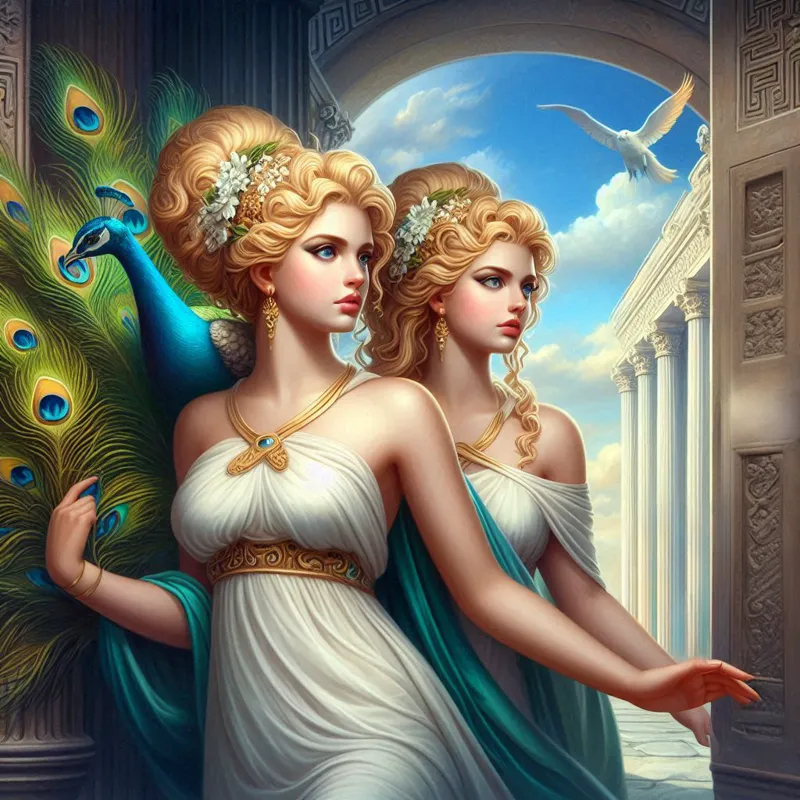
Fear and embarrassment
Temples dedicated to Hera, known as Heraia, were widespread in Greece, with the most famous being in Samos and Argos. These temples served as centers of worship and celebration, particularly for women. The Heraia festivals, primarily celebrated by women, included various rituals and competitions, showcasing Hera's significant societal role and the reverence afforded to her by the ancient Greeks.
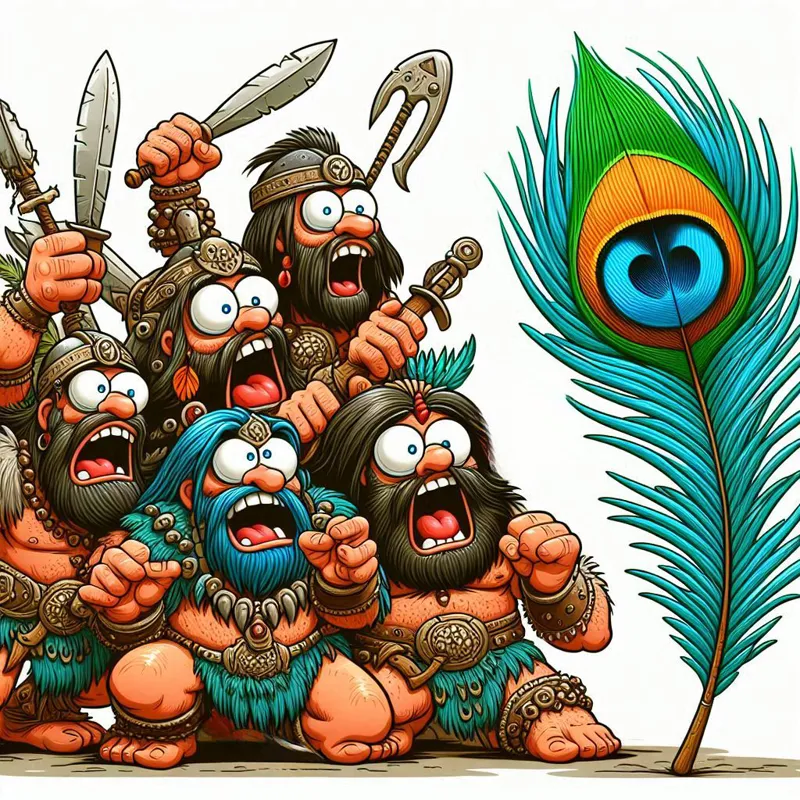
Caught!
Mythology and Legends

Faster than lightning
Hera's mythology is rich with stories of her retaliation against Zeus’s lovers and their offspring. One of the most famous tales is that of Hercules, Zeus’s son by the mortal woman Alcmene. Hera's jealousy drove her to torment Hercules throughout his life, including instigating the madness that led him to kill his wife and children—a tragic event that resulted in his twelve labors.

Wrath
Another notable myth involves Hera's relationship with Io, a mortal priestess of Hera whom Zeus coveted. To protect Io from Hera’s wrath, Zeus transformed her into a cow. However, Hera was not deceived and placed Io under the watchful guard of a hundred-eyed giant, Argus. This story not only emphasizes Hera's relentless pursuit of vengeance but also her deep involvement in the affairs of gods and mortals alike.

Criticism
Influence on Culture and Art
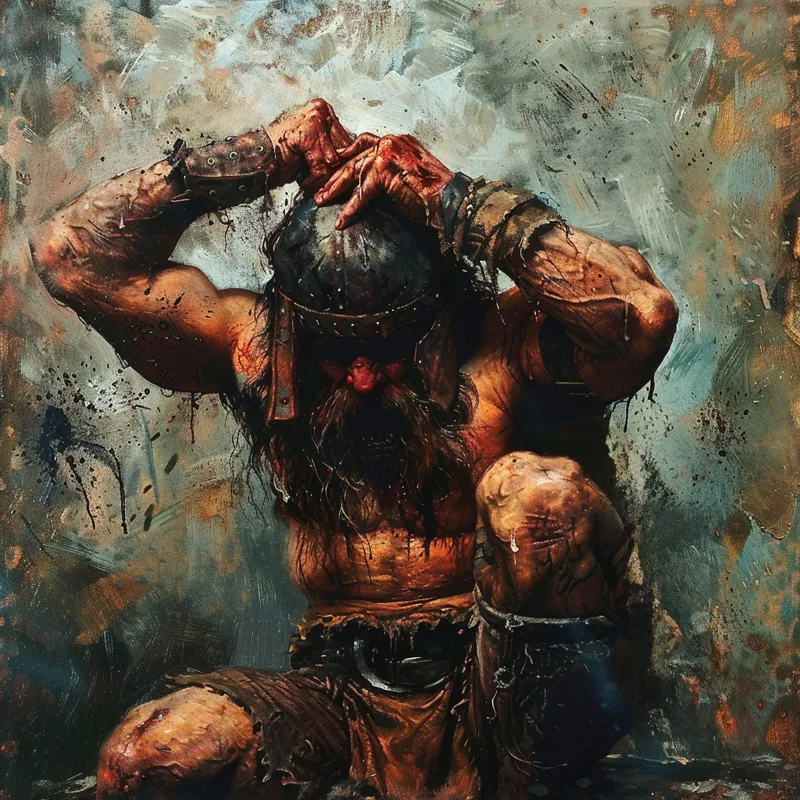
To change or not to change
Hera's impact extended beyond religious worship, deeply influencing Greek culture and art. She was a common subject in classical art, often depicted as a regal and matronly figure, embodying the ideal of womanhood and royalty. Her portrayals in pottery, sculptures, and in the frescoes of ancient buildings often emphasize her majesty and beauty, juxtaposed with her stern and formidable demeanor.
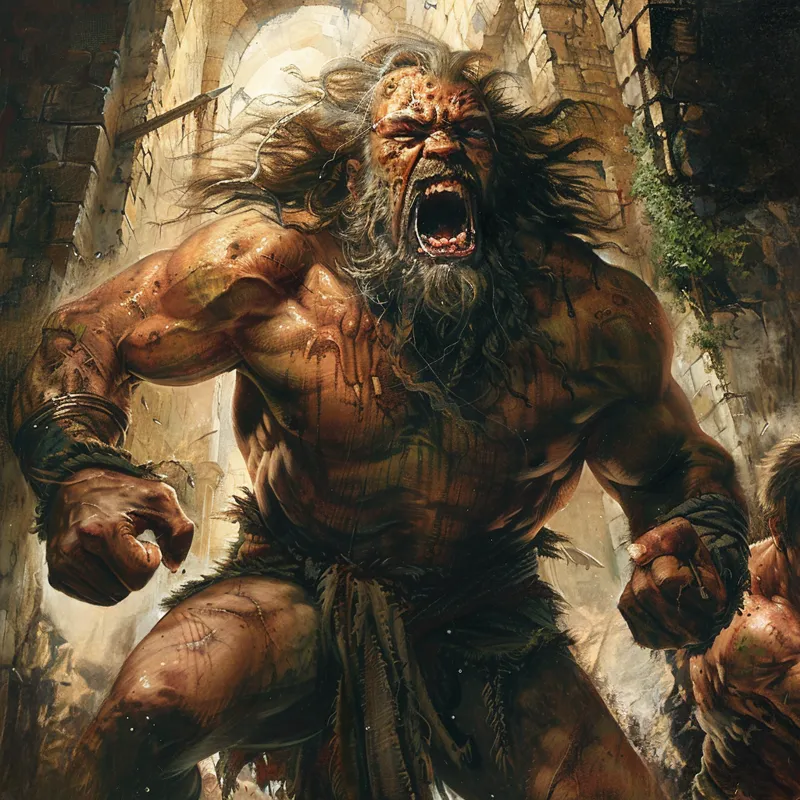
Denial, eventually leads to...

The pit of madness
In literature, Hera's character was explored by poets and playwrights who depicted her complex personality and divine responsibilities. Works such as Homer’s 'Iliad' portray her strategic nature and involvement in divine politics, while Hesiod's 'Theogony' focuses on her familial roles and the lineage of the gods, cementing her status as a multidimensional character in Greek mythology.
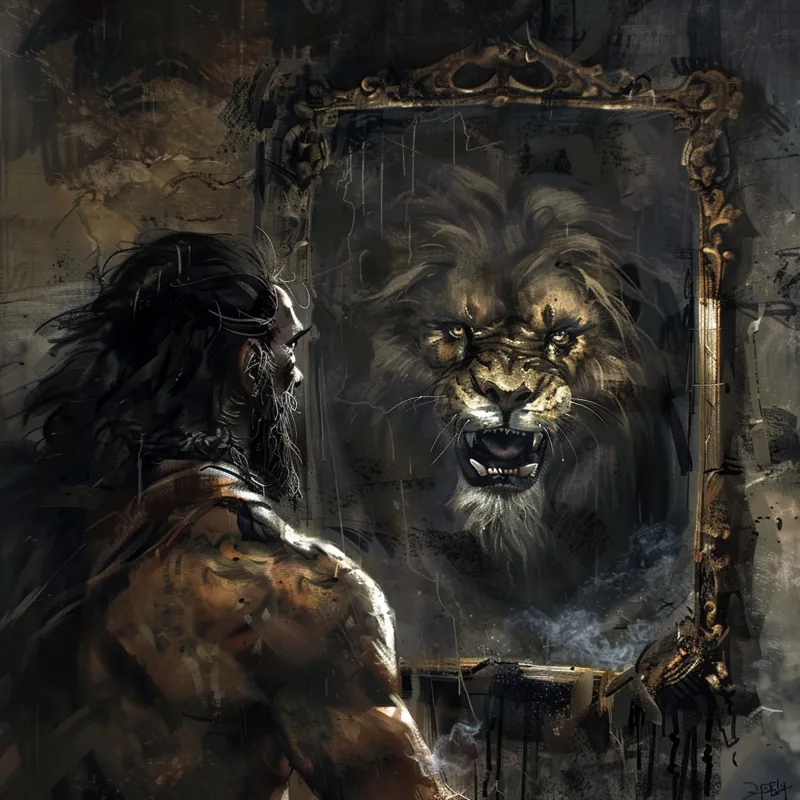
Self-reflection
Hera and Her Role in the Pantheon
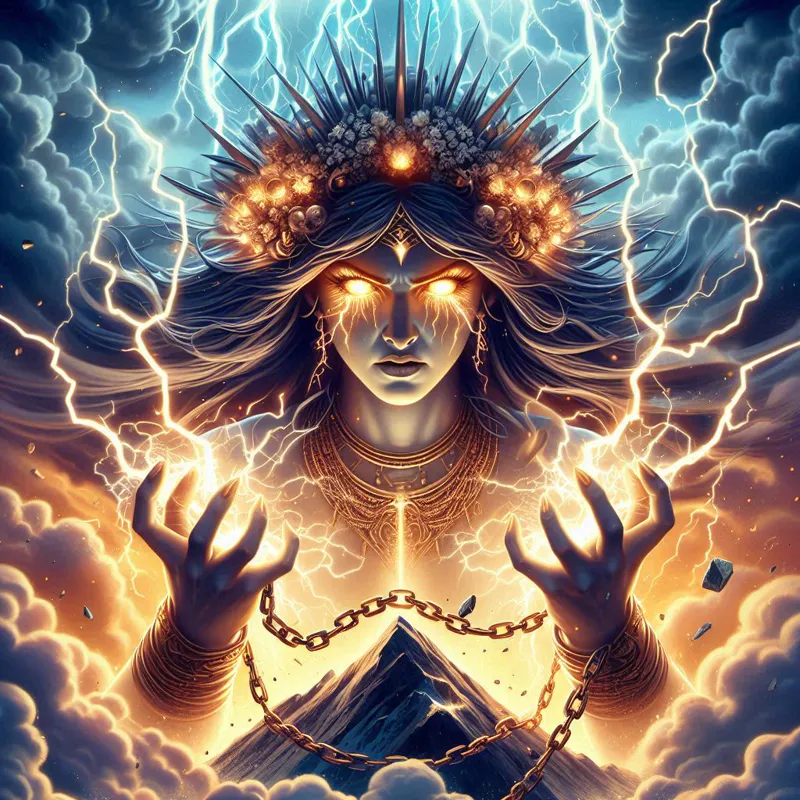
By my hands be reformed
Within the Greek pantheon, Hera's role transcends her identity as the goddess of marriage and childbirth, positioning her as a pivotal figure in divine politics and governance. Her influence on Mount Olympus is substantial, often serving as a counterbalance to Zeus's will. Despite her tumultuous marriage, Hera's interactions with other gods and goddesses showcase her diplomatic skills and her ability to forge alliances that bolster her position and influence the outcomes of divine debates and battles.

Supernovas are where gold forms

The world is a difficult place
Hera's authority among the gods is not merely ceremonial. She is involved in several major divine conflicts and narratives, asserting her power and interests decisively. For example, during the Trojan War, she manipulated events behind the scenes to sway the battle in favor of the Greeks, showcasing her strategic acumen. Additionally, her relationships with her children, such as Ares and Hephaestus, further reflect her role as a matriarch who shapes the actions and fates of other deities. This aspect of Hera illustrates the multifaceted nature of her power, portraying her as a goddess who is deeply woven into the fabric of Olympian politics and family dynamics.

In the world and bound is harder still
Hera's Legacy

It takes a super man
Hera’s legacy in Greek mythology is complex and multifaceted, embodying the archetypal tensions between loyalty and retribution. As a goddess who fiercely defended the sanctity of marriage, Hera's actions, though often harsh, reflect the high value placed on marital fidelity in ancient Greek society. Her relentless pursuit of vengeance against Zeus's paramours and their children illustrates the potentially destructive consequences of infidelity, underscoring her role as a guardian of marital vows and familial order. This aspect of Hera serves as a stark reminder of the importance of respect and loyalty within the bonds of marriage.

To keep a vow

Supernovas are where gold forms; The only place
Moreover, Hera's narratives have transcended ancient mythology to influence modern interpretations of family dynamics, power, and the role of women in society. Her character challenges the notions of passive femininity, portraying instead a figure of authority and power, who, despite her often punitive measures, fundamentally seeks respect and adherence to the values she upholds. Through her stories, Hera has become a symbol of the struggle for respect and acknowledgment in the face of betrayal, resonating with audiences across centuries as a figure of both reverence and fear.

All gold comes from supernovas
Hera, the queen of the gods, offers a profound insight into the ancient Greek understanding of the divine feminine, marriage, and the intricate dynamics of family and power. Her myths, which blend tenderness with vengeance, not only entertained but also imparted moral lessons on the consequences of unfaithfulness and the respect due to marriage vows. As we explore Hera’s stories, we gain a deeper appreciation for her role in Greek mythology, where she stands as a pillar of strength, loyalty, and determination against adversity.




